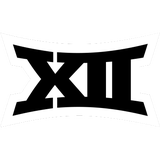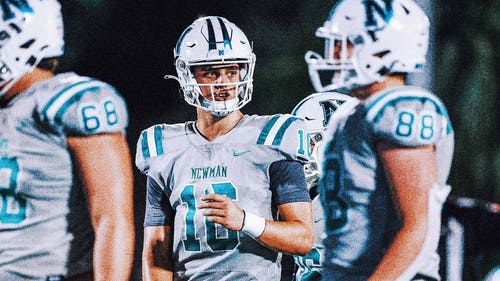
Texas Tech coach takes the long way to the Final Four
ANAHEIM, Calif. (AP) — It's fair to say there would be no Final Four for Texas Tech if there weren't plenty of places like Fort Scott.
Fort Scott Community College in Kansas is one of the 11 stops Red Raiders coach Chris Beard made before he landed the top job in Lubbock, Texas, where he's built the Red Raiders into a title contender in a mere three years.
"I always say, 'There are junior colleges, and there's Fort Scott,'" the program's current coach, Michael Cook, told The Associated Press. "We share our arena with the rodeo team."
Arnold Arena is more like a big metal barn with a huge wall in the middle that separates the rodeo arena from the basketball court. Later this year, Beard is expected back at the barn; Fort Scott is inducting him into its sports Hall of Fame.
Next week, Cook is hoping to be in Minneapolis to watch Texas Tech play for the championship. It will be a world away from the life he lives — a life where the coaches drive the vans and tape the ankles and make the motel reservations themselves.
"There are no airplanes, or charters or shuttle buses," Cook said. "You get your meals going to the game, and it's Burger King on the way there and Whataburger on the way back. You cram four or five people into a room because the budget's low. But you do whatever you can to make sure you instill fundamentals of team, and to make sure you're building a program to be successful."
Beard did it at Fort Scott. And while the perks and lifestyle have changed — these days, it's eggs and bacon instead of Lucky Charms out of the motel's complimentary breakfast bar — very little about his coaching philosophy is different at Texas Tech.
"I think all great players want to be coached," Beard said Friday, the day before the Red Raiders topped Gonzaga 75-69 to punch their ticket to the Final Four. "I've never coached any player that didn't want to be disciplined, didn't want to be told the truth."
Cook still hears from Beard, and a number of Division I coaches, for that matter. Community colleges are the proving ground for players with potential big-time talent, but who need time to acclimate, either to a new country or to the rigors of college schooling. Or, sometimes the coaches at the next level simply need a place for the player to play while they find room for him on their roster.
They are the overlooked and underappreciated.
"Coaching at places like this is probably what helped instill that grind mentality," Cook said. "That's how he coaches. It's why his teams play great defense. He looks for street dogs on his team, not store-bought dogs."
Cook said he's had his share of success stories in 11 years at the school — a lot of players move on from Fort Scott to NAIA or Division II programs; some have gone to Division I; a few have graduated and played pro ball overseas.
"Every level needs its players," he said.
Asked if Fort Scott has ever produced any household names, he mentioned one shot-blocking small forward, Ramell Taylor, who got sniffs from some bigger programs and ended up at Southern Utah.
Now, Fort Scott has its household name: Chris Beard, a coaching lifer who never forgot where he came from.
"I talk about it a lot with our guys, and I mention Coach Beard," Cook said. "I tell them to look at him. He was here once. And sometimes where you start is not where you're going to end."


